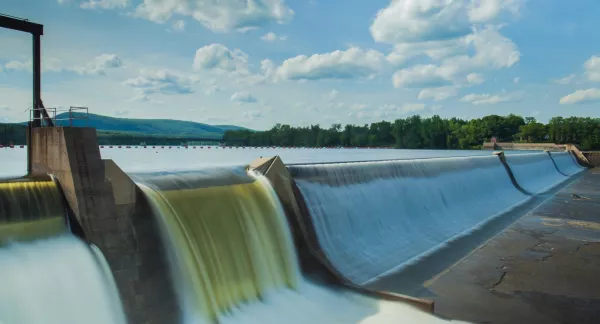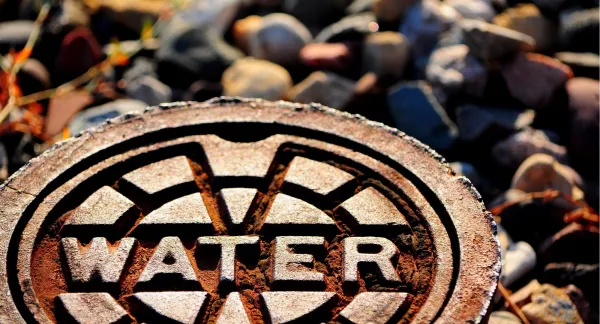
Improving Tradeoff Understanding in Water Resource Planning Using Multi-Objective Search
Abstract
Water utilities commonly use simulation models to inform decision making, with time frames ranging from long-term planning to near-term system operations. Different decisions can include infrastructure options, management strategies, and policy decisions. Those models can be complex, and identifying the preferred decisions or options among many alternatives is challenging. Multi-objective evolutionary algorithms (MOEAs) are complementary tools used to generate alternatives for such planning problems by linking with existing simulations models. This project conducted four utility case studies to demonstrate how MOEAs can be set up and used to extract greater system insights and also whether alternative problem formulations result in similar, worse, or better system performance with regard to decision-making processes. This collection of case studies describes different drinking water supply systems and planning challenges, and how the MOEA tools were used to help analyze tradeoffs. Tailored Collaboration partners: Colorado Springs Utilities, Melbourne Water Corporation, Tampa Bay Water, and Tarrant Regional Water District. Published in 2021.
Presentations based on this research were given at the 2019 American Water Resources Association Annual Conference, and are posted below.



